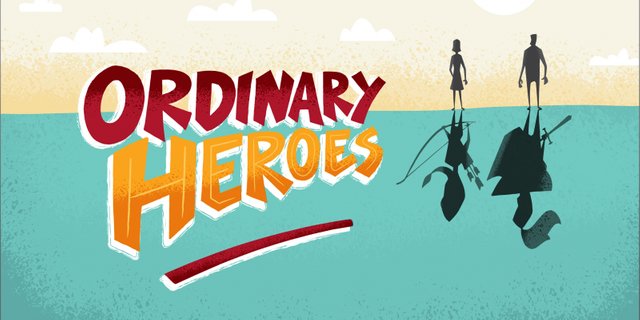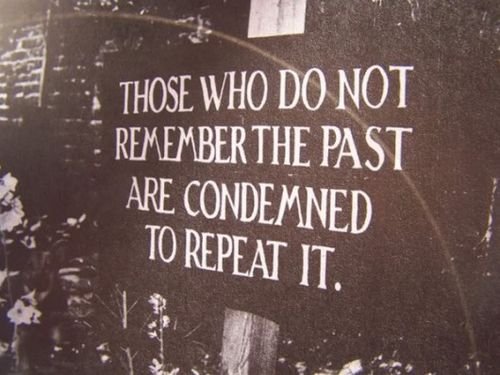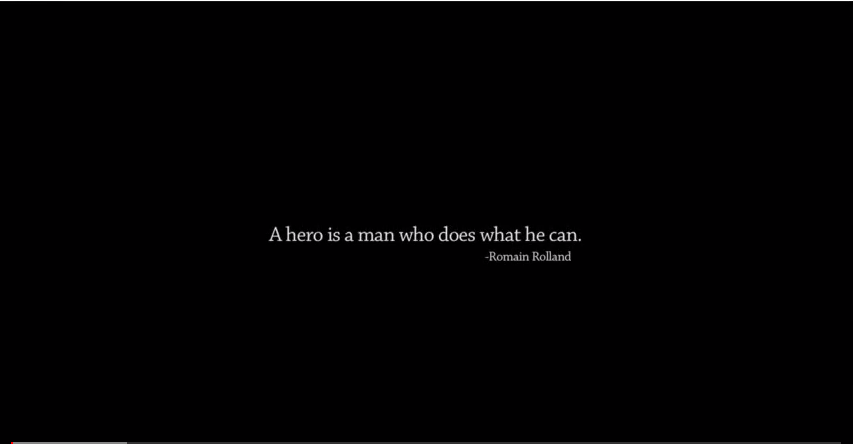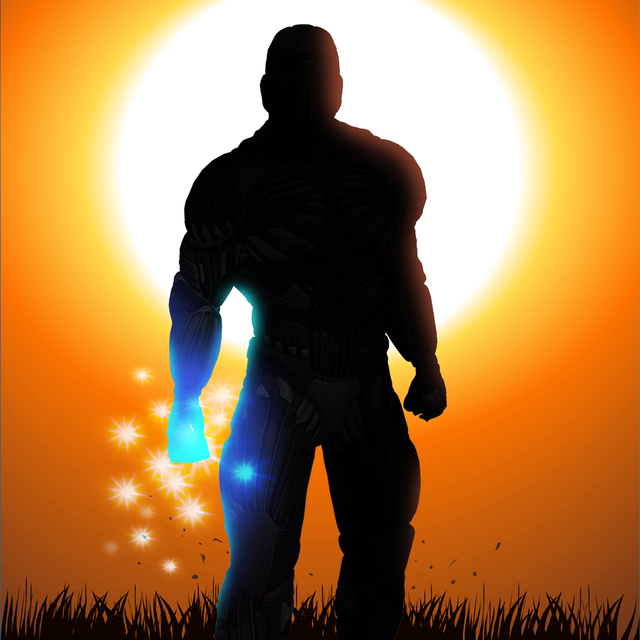Today I learned about a hero of the Cambodian Genocide.
For most people in my hemisphere, April means flowers blooming, kids playing outside, people resuming their favorite outdoor sport and perhaps a little puddle hopping. However, for me, it means talking about Genocides for nearly two weeks straight.

Luckily, I also get to talk about heroes for two weeks straight.
Don't worry, believe it or not, this post is not going to be a complete downer.
How can that possibly be? How can lessons (or a post) about the most horrific thing humans can do to other humans not be utterly miserable?
Every year, I open the unit with a conversation with my students. I warn them that we are about to cover the darkest parts of human history. I know they feel uncomfortable, anxious and even scared. So before I let that set in too deeply, I remind them of a couple of very important things.
First, I explain that even though this is a terrible topic, it is also an essential one to learn about. Very early on, my students learn that one of the reasons people study history is to repeat the good and avoid the bad things that have happened in the past... if at all possible. We can't simply hide from the worst parts of history or pretend they didn't happen. We must learn from them.

George Santayana
Second, I tell them my trick for getting through this unit. I usually open by saying, "Look everyone, you have known me for 8 months. You know I'm an emotional guy. I'm not afraid to cry and I'm not afraid to show my joy. I have to teach this topic 4 times a day. In addition, I have had to teach this for 18 years. And yet, this emotional guy can still leave here every filled with hope for humanity."
Then I explain why.
I tell my students that in these horrible tragedies, I look for the heroes. I remind them that for every monster like Hitler, there are hundreds or thousands of heroes who did what they could to help others in their most dire time of need.

This is the opening of the documentary Boatlift.
It is one of the most heroic things I have ever seen.
During the unit, we talk about Oscar Schindler's heroism in Poland during the Holocaust and Paul Rusesabagina's valor in Rawanda. Today I found another hero to add to the list.
One of the 20th century Genocides that we learn about occurred in Cambodia from 1975 to 1979. This Genocide was perpetrated by the communist leader Pol Pot and his followers within the Khmer Rouge. Pol Pot wanted to "restart history", turn away from modern technology, and return to a purely agrarian society. He forced citizens to work on farms for nearly 18 hours each day. Because food was strictly rationed, many people died from over work and starvation. Others were executed for being enemies of the revolution. One common "crime" against the regime was to be well educated. In the end, between 1.5 to 3 million people died as a result of the Khmer Rouge's polices and tactics.
I will teach my students those facts (and many more). In addition, I will also teach them about a discovery I made today.
Today I learned about Van Chhuon, a "regular" person who did what he could to save the lives of 100 families during the Cambodian Genocide.

Sadly, I could not find a photo of Van Chhuon. I can only imagine that the people he saved see him like this... no matter what he looks like.
After the Khmer Rouge took over the country, they set up communes comprised of 10 villages. Each village chief reported into the commune chief. This commune chief then reported to the Khmer Rouge leadership. Because the Khmer Rouge equated poverty with virtue, they believed the poorest man in all of the villages would make the best commune chief. In Kuok Snuol, the poorest man was Van Chhuon.
As chief, Chhuon could have assured his and his family's safety by turning in members of his commune to the regime. He could have kept a close watch on his villagers to ensure they weren't eating too much or hiding food. He could have made sure there were no teachers among them who might do the unthinkable and educate any of the peasants. He could have left prisoners in jail. He could have taken the easy way out.
He didn't.
Instead, Chhuon prevented his people from starving by showing them how to hide food. He hid fugitives and lied to the soldiers about their whereabouts. He personally entered a prison to plead for the life of one of his villagers... and took him home.
He did what he could to achieve the impossible. While nearby communes routinely lost 80 or more people, Chhuon lost one. He still feels terrible about that one. Heroes are people who do what they can... but they strive to do it all.
In 1979, Vietnam overthrew the Khmer Rouge.
Van Chhuon started a new life.
Thirteen years later, Van Chhuon asked a couple of his old friends from the village to help him build a house in Siem Reap.
Forty-five answered the call.
A hero is a man who does what he can... a survivor is the one who remembers it... forever.
Sources
http://combatgenocide.org/?page_id=68
https://listverse.com/2014/07/27/10-heroes-who-stood-up-to-dictators-and-genocide/
https://www.phnompenhpost.com/national/khmer-rouge-village-chief-who-saved-his-people-death
We mice really liked this post friend Han. We learned about Van Chhuon and the Khmer Rouge and about Han the teacher. Incidentally, we are just simple mice. So we really don't understand why 'socialism / communism' appeals to so many. Every time it arises millions are masacred, then everyone starves. That's when we are really glad we are simple mice.

Don't sell yourselves short you little rascals, I think even simple little mice like do understand. If not, you can always talk to your animal friends (just avoid the pigs).
Ahhh yes George Orwell - if more students read Amimal Farm and 1984, maybe then they would realise that socialism should be feared, not craved.
Sure it might be fine and dandy for those aweful blue Smurfs and their leader who bears an uncanny resemblance to Karl Marx.
But for human kind, who are easily corrupted by power and don't generally find work appealing, the system can never work.
Right friend Han, nice chatting - better get back to curating now.
yes i absoultly thanks for sharing this posts
SPECIAL TO @Sniffnscurry
Thanks for sharing and for insuring generations learn form the mistakes of the past. This made me think of Fred Rogers- "look for the helpers" - can't wait to see more. All the best.
Awesome catch! I actually mentioned this to my students this year. I had written a post about Mr. Rogers a few months a go so I left that part out.
Can't wait for the Tom Hanks movie about him to be released!
I'm so pumped to see the Tom Hanks movie - big fan of Tom Junod - The Falling Man is an exceptional piece of writing.
Think you can find a link for the article about Fred - I'd love to read it!!
I can feel where you are coming from. These are such difficult and yet crucial parts of history to talk about and teach. The first things I talk about with my history students is “why” we study history and “historical significance”. They quickly get to the idea of not repeating the mistakes of the past.
Interestingly enough, during our human geography mybstidents get to learn a little bit about genocide and human atrocities. They have to research the UN’s lowest ranked countries according to GDP. The goal is to learn about natural growth rate, employment, health care and education rates. Through this investigation they see big dips in the population rates in countries like Rawanda and Cambodia. This leads to great discussions about the genocides that caused these fluctuations. It is an eye opening experience to say the least. I love that you let your kids see the real you. It build so much trust.
Btw, Schindler’s list was an amazing film!!! Everyone should watch it once.
Wow. Having them discover this dips and then be inspired to ask "why was there a drop in population" is a powerful way to introduce this. Fantastic!
Thank you for nourishing the community with this information, great story of Van Chhuon, although many heroes are unknown by the masses, as you mention, there will always be survivors who remember them. Thanks for sharing!
It is true that A hero is a man who does what he can... it is also evident that a hero is compassionate. However a survivor is the one who remembers it forever.
Awesome lessons for your students, they must be glad learning from you
Nelson Mandela is another hero you can look into
Great call on Nelson Mandela.
People like Van Chhuon have a huge heart ❤️. I remember watching “Schindler's List” and I remember when he looked at his ring and emotionally said “this would save another lives”. It also reminds me movie based on true events “Hacksaw Ridge”. If you haven’t seen this movie, I highly recommend it. This guy, medic who refused to bear arms during World War II, but ended up saving 75 men during refused that one night, all thanks to his believes, faith and huge heart.
Great post with true and memorable events!
I loved Hacksaw Ridge! Incredible story.
We are all heroes in our own right, every day we fight for the right cause, everyday we strive to make the world a better place. I would say everyday a new hero is born! Winks!
You are 100% right we all should be heroes!
He deserves to be talked about and remembered. He is a hero :)
Great history I must say, I was really carried away by your historical story, very interesting and educative with lots of lessons to be learnt and that is what history is all about, to learn lessons from passed individuals or events and to be very much aware that such things at one point or the other really happened or existed in the world during the ancient times. I love history and I blog a lot about it and today I have learnt something new from you. Thanks for educating me today @hanshotfirst.
My pleasure. This was new to be so I figured I'd share it.
Great words for me, ‘A hero is someone who does what they can’.
I completely agree that Paul Rusesabagina of Rwanda was a great hero. His story motivates me a lot.
Van Chhuon Is a great hero, he chose to prevent his people from starving when he could have left them. Great!
Thank you for sharing his own story. I have learned a deep lesson from his experience.
I surely will use his heroism as example for my students too. More of telling them to make a time paper about him.
That sounds like a great topic for a paper!
I know right. You gave me that clue. Thank you